I feel let down
What to Do When You Feel Let Down by Someone
Source: Pixabay
Notice that I didn’t title this piece: “What to Do When Someone Lets You Down.” That’s because, in my experience, it’s not what happens to us that makes us unhappy. It’s how we react to it — and how we “feel” is the core of that reaction.
A few years ago, I felt let down by a friend. She’d been one of the people I counted on for support as I live day-to-day with chronic pain and illness. Over the years, she was important to me, both practically (I could count on her to help me out if I needed it) and personally (she always listened if I wanted to share my struggles).
Then, suddenly, her life changed dramatically — in a way that was wonderful for her. She fell in love. And yet, from my perspective, she’d “gone missing,” both physically and emotionally.
I experienced a range of emotions, some of them seemingly contradictory. For instance, I was happy for the new direction her life had taken, yet I also found myself resenting her lack of attention to me. I didn’t want things to be different for her, but at the same time, I longed for things to be the way they’d once been between us.
In Song of Myself, Walt Whitman wrote that there’s nothing wrong with experiencing conflicting emotions. In fact, I often enjoy that particular characteristic of the human mind. But with my friend, these seemingly contradictory feelings were adding to my stress as I tried to come to terms with the change in our relationship.
To get a handle on what was happening, I decided to make a list of unhelpful responses to feeling let down by someone. Then I made a list of helpful responses. Making and contemplating this list proved to be tremendously valuable to me as I adjusted to this change in my life. I hope my thoughts will be helpful to you.
Unhelpful Responses
1. Getting angry
Anger didn’t help at all. It even exacerbated the physical symptoms of my illness. I like the way the Buddha put it: Anger comes right back at you like fine dust thrown against the wind. Getting angry about what had happened was like hitting my head against the wall. The only person it hurt was me.
Getting angry about what had happened was like hitting my head against the wall. The only person it hurt was me.
The fact is, life is always in flux. It’s delusional to think that relationships will always stay the same. When a relationship changes in a way that’s not to your liking, anger may arise. That’s okay, but instead of letting that anger brew and intensify, let yourself feel the sadness that underlies it. This is the beginning of the healing process.
2. Feeding fear
To my surprise, I experienced some fear over what was happening — fear that I might lose all my friends and all my support. When fear arises, I’ve learned to question the validity of the thoughts that it generates. I don’t try to suppress the thoughts, because frankly, the mind is going to think what it’s going to think. Yet, at the same time, I don’t have to believe those thoughts.
When I questioned the validity of my thoughts, I realized the absurdity of assuming that a change in one relationship meant that all the others would suddenly change, and I’d lose all my friends and support. This questioning allayed my fears, and with that came a feeling of relief.
This questioning allayed my fears, and with that came a feeling of relief.
3. Engaging in self-blame
When my friend fell in love, occasionally negative self-talk reared its ugly head. I’d find myself thinking: “What do you expect? Given the unpredictability of your symptoms, you’re unreliable as a friend. Who’d want to put up with that for very long?” How irrational to tie my friend’s newfound love to my supposed shortcomings as a friend! Taking sides against yourself like this is the most harmful of responses.
Helpful Responses
1. Recognizing that all relationships change
Change is an inevitable part of life. To think otherwise sets you up for unnecessary anguish and suffering. Circumstances change; people change. Accepting this as a part of the human experience eased the mental pain of this particular change, even though it wasn’t one that was to my liking.
2. Feeling happy for others
When I realized that I was feeling resentment toward my friend, I reminded myself that I actually felt happy for her that love had entered her life, even though it was hard on me. Feeling happy for others is called mudita, or “empathetic joy” in Buddhist practice. And it does take practice. It’s worth it, though, because feeling happy for others makes you feel happy. Trust me on this one.
Feeling happy for others is called mudita, or “empathetic joy” in Buddhist practice. And it does take practice. It’s worth it, though, because feeling happy for others makes you feel happy. Trust me on this one.
3. Questioning the validity of the stories we spin
I already mentioned the value of questioning the validity of thoughts. It’s such a valuable practice that I want to elaborate on it a bit. I’m continually astounded by the crazy stories I can spin — stories that go to extremes, such as: “Clearly, she never liked me that much in the first place to have so quickly shifted her attention to someone else.”
When you find yourself spinning these types of stressful stories, ask yourself if there’s any reason to assume they’re true. In this particular situation, unless you talk with your friend about the change in your relationship (which might be a good idea, depending on the circumstances), you have no way of knowing what’s going on in her mind.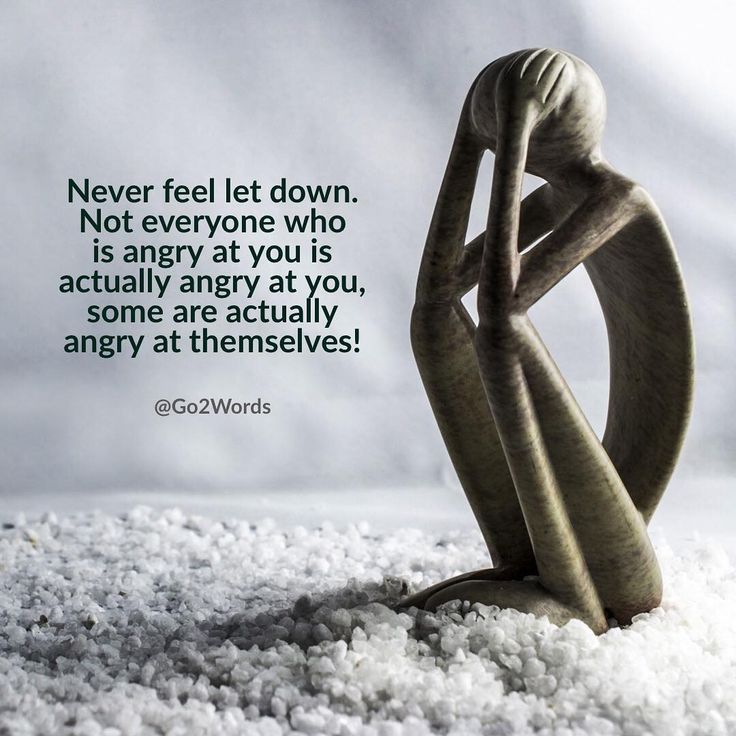 She may very well think everything about your friendship is perfectly fine!
She may very well think everything about your friendship is perfectly fine!
(To read more about questioning the validity of your thoughts, see “You Don’t Have to Believe Your Thoughts.”)
4. Investigating how the underlying source of unhappiness is an unfulfilled desire
Not getting what we want is an inevitable experience on the path of life. Not a day (maybe not even an hour) passes by without one of my desires going unfulfilled. When I’m able to recognize that desires are ever-present, but are often unfulfilled, I’m better able to free myself from the prison of desires and make peace with my life as it is.
And so, I worked on seeing clearly that my ongoing desire and longing for this relationship to be as it once had been wasn’t serving me well. Indeed, it was a source of deep suffering. I told myself that the sooner I could accept without bitterness that I was no longer going to get exactly what I wanted from the relationship, the sooner I could move on with my life (and the relationship).
Moving on in a situation like this can take several forms: continuing with the relationship, but changing your expectations, working to enrich your other relationships, or reaching out to new people.
5. Wrapping disappointment in a cloak of self-compassion
Many years ago, I made a commitment to treat myself kindly and with compassion. It’s the greatest gift I’ve given to myself. In this particular situation, it was the perfect antidote to my disappointment and to the self-blame that occasionally snuck in.
To cultivate self-compassion, I recommend that you start by making a commitment to be nice to yourself (yes, it’s that simple), and then be content to take baby steps at first. With practice, being your own unconditional ally can become a lifelong habit.
When you’re feeling sad or let down in some way, it helps to speak to yourself in a compassionate voice. I use words that directly relate to the situation at hand. Here I silently repeated sentences to myself, such as: “It’s so hard to have lost the close companionship I once felt with my friend.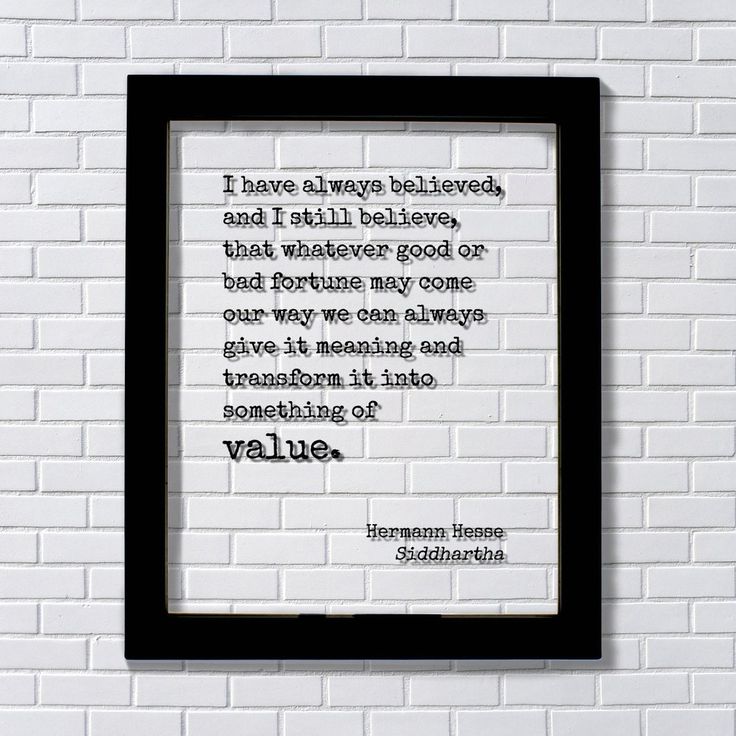 ”
”
I hope you’ll try compassionate self-talk the next time you feel yourself on the verge of aiming judgmental thoughts at yourself. This practice can open your heart to your disappointment, and that makes it possible to wish everyone well and to greet your next life adventure with curiosity and friendliness.
Source: Sam Wordley/Shutterstock
It’s painful to feel let down by someone, but it happens to all of us. I hope this discussion of helpful and unhelpful responses will be useful to you as we navigate life’s path together.
You might also find this helpful: “5 Ways Not to Make Things Worse When Stress is Overwhelming.”
Always Feeling Let Down By Others? This Could Be Why
By: Karen
by Andrea M. Darcy
Always feeling let down by others? Perhaps you explain it as ‘bad luck’ or ‘being too nice’.
But if being let down is something that keeps happening in your life, then the common denominator is you.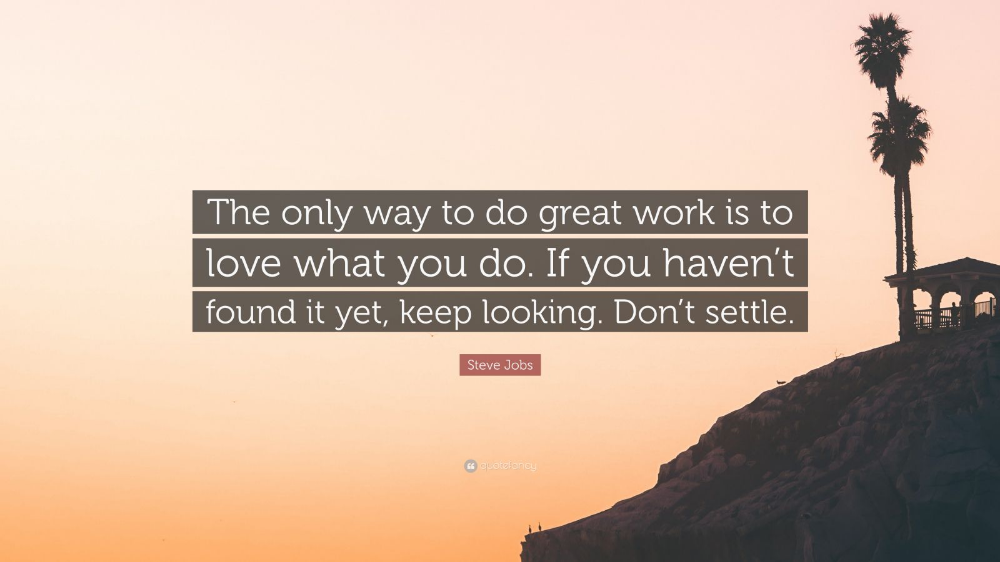
Why You Are Always Feeling Let Down By Others
What behaviour might you unknowingly be playing out that actually creates a life where everyone lets you down? And how can you break the pattern?
1. You don’t set boundaries.
Personal boundaries are just what they sound – letting others know what is and is not acceptable for you, and what you are and are not willing to do.
If you do not set boundaries then you over give time and energy not because you want to, but because you do not know how to say no. If the other person has no problem with boundaries and doesn’t give back as much as you over gave, the end result is feeling letdown and used.
Read our articles on “How to Say No” and “How to set “Boundaries.” How different would life feel if you kept more of your time and energy for yourself?
2. You have misunderstood what giving is.
By: karen lao
Is your idea of giving that whatever you put out, you should receive in equal measure? You’ve actually mistaken giving with a business transaction.
What if giving meant that you only give your time and energy when/if it feels good, and that you do so with absolutely no strings attached? What if you stopped giving at all until you felt that you could give from such a space?
3. You are blinded by expectations.
High expectations are one of the key killers of healthy and connected relationships. They leave us in an endless loop of feeling let down.
When we expect things of others, we fail to be open to who they really are. And in our drive to get what we want, we fail to see the things they really have to offer. It’s not that they give us nothing, it’s that we are asking them to give what they simply can’t.
Think of one person you are having difficulties with. Write a list of all the things you expect from him or her. Are these things fair? What would it feel like to just rip up that list and drop all expectations?
4. You are actually being controlling.

By: Alex Bellink
Sometimes the hard truth about why you feel let down is that you didn’t get to do things your way.
You simply can’t fully control other people or even life.
Take a moment to think about the person who has let you down. When is the last time you discussed his or her wants and needs in the relationship?
5. You are codependent.
On the surface, codependency looks like a person who is over giving, too nice, and always wanting to make other people and partners happy.
But beneath that is the pattern, “I help you and do everything for you and then you have to make me feel good in return’.
It’s a lot to ask of someone else, and the end result is often feeling let down.
Look at how much of your self-esteem comes from your relationships. What are three things you could start doing to feel self-esteem in a way that is instead sourced from within?
6. You are stuck in the victim mentality.

By: Kevin Dooley
Here’s a fact about over giving, being ‘too nice’, never saying no…. then always feeling let down.
You are choosing to do all of it. Nobody is making you do so. Except, perhaps, your own feelings of guilt.
So you are not actually a victim, you are just choosing to be.
What three things would you have to give up if you decided to stop acting like a victim (other people’s sympathy and attention, always having a good story to tell, etc). And what three things might you then stand to gain?
7. You are projecting.
Being let down is often a form of psychological projection, where we take a trait that is within us and attribute it to another.
Is it possible that in your over giving, you sometimes over extend and let others down? Cancel at the last minute? Forget to call? Do a half-hearted job of things?
And often we are constantly letting ourselves down, by refusing to listen to our real desires or take time to ourselves.
Think carefully over the last month. Can you find three ways, no matter how small, you could be perceived as letting people down? And can you find three moments you let yourself down by saying yes when you meant no, by not practicing self-care, or by not standing up for yourself?
8. You are in a pattern of choosing unhealthy relationships.
If you constantly align yourself with toxic friends and partners who are evidently selfish or emotionally unavailable, then you will always feel let down.
A pattern of choosing this sort of relationship will come from childhood programming. It might be that you are ‘dating a parent’, or that childhood trauma left you with certain core beliefs that are controlling your choices.
Look back at your last few relationships or friendships. Did they begin the same way? Have the same dramas? The same power dynamics? Do either relate to a pattern you might have had with a parent growing up?
9. You need proper, healthy support.

Sometimes we always feel let down as we don’t have support and are seeking it from people who can’t give it. Or we have no idea how to even accept support.
Do you actually know how to accept the help and assistance of others? Or do you often push away opportunities and offers?
Is it time to seek real support to break your pattern of feeling let down?
If you find that your endless sense of feeling let down is making your life difficult, or you suspect it comes from a childhood experience, then it might be time to seek proper support.
A counsellor or therapist creates a safe, unbiased, and nonjudgmental environment for you to understand your feeling of always being let down by others.
Would you like to try a session with a therapist and work on your tendency to always feel let down by others? Harley Therapy connects you to London-based therapists as well as Skype therapists working right across the UK.
Have a question still about why you are always feeling let down by others? Post in our public comment box below.
Andrea M. Darcy is the commissioning editor and lead writer of this site. She left a career in film to chase her dream of working in personal development and never looked back. Find her on Medium and @am_darcy.
Park Jimin quote: Thinking about what I'm doing makes me feel frustrated.
- PAK Jimin
Last update June 29, 2022
PAK Jimin
2 1995“Thinking - Imagine” “
- Gennady Malkin 1939
“ Think of everything in advance.
“- Periander the second Corinthian tyrant
"Think carefully, but act decisively."
- Jigoro Kano martial arts master, creator of judo, founder of the Kodokan school 1860 - 1938
Hiden, No. 1, 2009, p. 167, translated by A. Gorbylev
“If you expect the worst from a person, you will never be disappointed.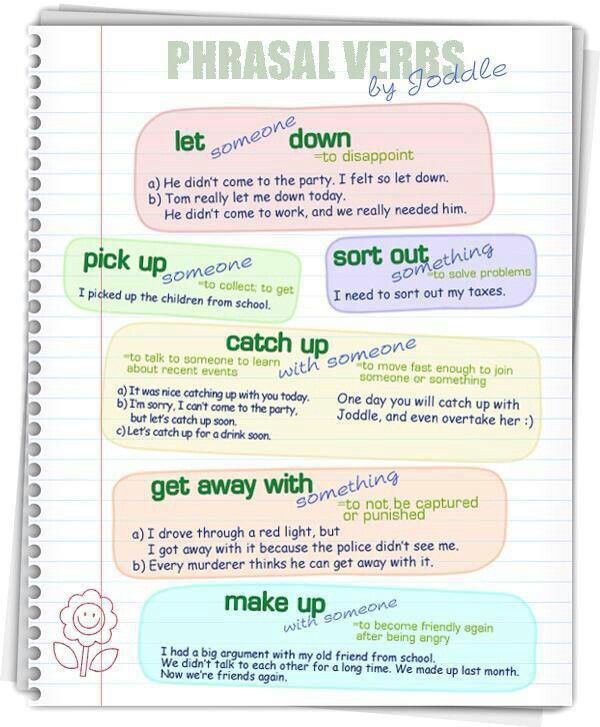 ” there are fewer husbands than disappointed wives.”
” there are fewer husbands than disappointed wives.”
— Jacques Deval 1890 - 1972
I do good, I feel good. When I do bad things, I feel bad. This is my religion.”
- Abraham Lincoln 16th President of the United States 1809 - 1865
"Always believed that cynics are frustrated romantics."
- Jeff Bridges American actor, Oscar and Golden Globe winner. 1949
"A cactus is a cucumber deeply disappointed in life."
- Evgeny Petrosyan Soviet and Russian entertainer, humorist and TV presenter 1945
what do they want?“
- Harari, Yuval Noah Israeli military medievalist, professor of history at the Hebrew University of Jerusalem 1976
Brief history of the future
This translation is pending review. Is the translation correct?
"Blessed is the man who expects nothing, for he will never be disappointed."
- Alexander Pope English poet 1688 - 1744
"We are born in tears, live complaining and die disappointed. "
"
- Thomas Fuller English historian and preacher 1608 - 1661
"It's only when I'm doing my job that I feel truly alive."
- Federico Fellini 1920 - 1993
"I try to live with my heart, do what I feel."
- Heath Ledger is an American actor and director 1979 - 2008
"Wise people think about their thoughts, stupid people proclaim them."
— Heinrich Heine German poet and writer 1797 - 1856
"All I will do is just go ahead and do what I feel .“
- Jimi Hendrix American guitarist, singer and composer 1942 - 1970
All I'm gonna do is just go on and do what I feel.
“Inside every cynical person lives a frustrated idealist.”
— George Carlin American comedian 1937 - 2008
“Disappointment is the property of the weak. Do not trust the disappointed - they are almost always powerless. "
- Gustave Flaubert French writer 1821 - 1880
0003
- Jean-Francois Paul de Gondy (Cardinal Retz) 1613 - 1679
"Their fans like Brian feminine, if I become more masculine now they will be disappointed. "
"
- Brian Molko vocalist, guitarist and songwriter 1972
I feel... but not well. What to do with stress at all times — Career on vc.ru
An article by Tatyana Shcherban, a teacher at the SKOLKOVO business school and a trainer in people management, specially for Atsearch. nine0003
21 192 views
Tatyana answered three exciting questions about stress:
- How are stress and psychological needs connected? What are the needs and what kind of people do they correspond to? Find yours :)
- How stress manifests itself in each type of people. What does a person begin to do and how to behave? Get to know yourself or colleagues :)
- What should a manager do? How to respond to someone else's stress? What and how to say depending on the type of need? nine0114
1. “Don’t worry – be happy.” Does it piss me off?
Just as our body cannot do without food and water, so our psyche cannot but eat - it also has vital needs.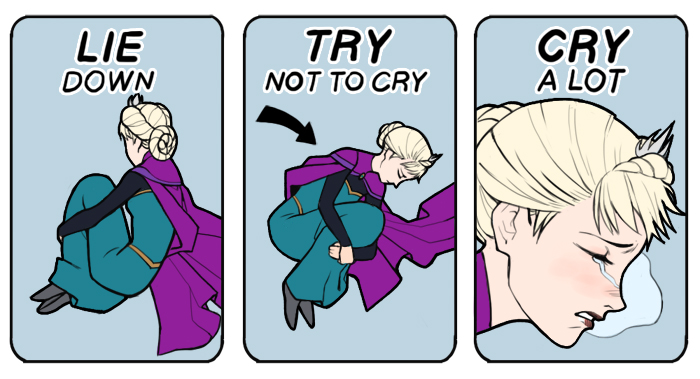 Eric Berne's student Tybee Keiller identified 8 needs in his Process Communication Model (PCM). Each of us has all eight, of which one or two are the most relevant for a person in the current period of life. nine0003
Eric Berne's student Tybee Keiller identified 8 needs in his Process Communication Model (PCM). Each of us has all eight, of which one or two are the most relevant for a person in the current period of life. nine0003
Psychological need is the strongest desire that our psyche seeks to satisfy in any way, including negative ones. Not meeting your needs causes stress. This means that awareness of our psychological needs gives us the keys to understanding our stress, and their positive satisfaction - to stress management.
So, eight psychological needs. Find the most relevant one for you:
- Organization and planning of time. This is the need for maximum ordering of one's (and not only) life, to reduce uncertainty, the need to devote time to quality planning. nine0112
- Recognition of one's work - its scope and quality. Recognize that I work hard and work well.
- Sensory needs - around should be cozy, tasty, beautiful, warm and fragrant.
 This is the need for comfort and self-care, getting pleasure from this.
This is the need for comfort and self-care, getting pleasure from this.
- Needs for unconditional recognition of a person - to feel (not to know, but to feel) that they love me, not because, but just like that. nine0114
- Recognition of opinion / contribution - receiving recognition of my contribution, that I brought something, changed something in society, in the profession, in the world, at least at the level of opinions and beliefs of others.
- The need for solitude, time for yourself and immersion in your own world. Not to be confused with loneliness!
- Need for excitement - thirst for adrenaline, love of risk, battle, victory.
nine0111 The need for playful contact, when "our whole life is a game" and "time is not business - it's an hour of fun", but vice versa.
Everyone has all eight needs, but only one or two in a given period of life for a person are the most relevant. It depends on them how stress will manifest itself.
It depends on them how stress will manifest itself.
2. JOYFUL STRESS, STRESS DREAM AND OTHER WAYS TO EXPECT STRESS.
Organizing\planning time (1 item) and Recognition of one's work (2 item) are common for people of the same personality type. nine0003
If these needs are not met, the mechanism “if they don’t tell me that I work well, then I work badly” is launched. The need is not satisfied. A person under stress begins to work even harder and harder, proving how much and how well he plows. Working non-stop, he drives himself, losing details from fatigue and making even more mistakes. There is a self-reproach - "it means that I did not finish watching." Over-control and anger at others turn on - “I don’t understand how you can work like this! Why should I go after everyone and remind! Don't you understand how important this is?!" nine0003
Sensory needs (item 3) and the need for unconditional recognition of personality (item 4) also work in pairs.
If they are dissatisfied at the peak of stress, the mask of a whiner is launched. A person really wants to get the love of others, and he begins to try extremely hard to please everyone and adapt to everyone. Because of the fear of rejection, he begins to fuss and make a bunch of small annoying mistakes, incurring the wrath of those around him along with the expected love and care. As a result: “I try so hard for you, but I can’t succeed! I'm bad, I let you down. There is nothing to love me for.” nine0003
If the need for Recognition of an opinion or contribution (point 5) is not met, an attack is launched on you.
At the peak of stress, such a person starts lecturing you. He feels himself on the podium and will already now in any way receive your attention to his point of view. I note that he does not expect agreement with his opinion. He wants society to recognize that his opinion / actions have changed something in this world, profession, industry, business, etc. If he does not receive such recognition, he, without noticing it, begins to impose his opinion. An arrogant moralizing is launched using complex abstruse phrases and great quotes. As a result, he humiliates the position of the interlocutors, which repels others. nine0003
If he does not receive such recognition, he, without noticing it, begins to impose his opinion. An arrogant moralizing is launched using complex abstruse phrases and great quotes. As a result, he humiliates the position of the interlocutors, which repels others. nine0003
The need for solitude (point 6) when dissatisfied gives rise to a stress dream.
A person, even being in society, goes into his speculative world, becoming "invisible". This "mink" is necessary in order to be with yourself, in your dreams and thoughts. Phrases start but cut off in the middle. Projects start but do not end, because at the peak of stress, such a person can get lost in his inner world, where there is a lot of unspoken, unresolved, desired and invented. He walks around these thoughts as if in a circle, without moving on to action. There is a big risk that others will not notice this stress and will not help. Despair accumulates inside “It turns out that nobody needs me?”. nine0003
Unsatisfied need for excitement (point 7) provokes a person to create drama or crisis.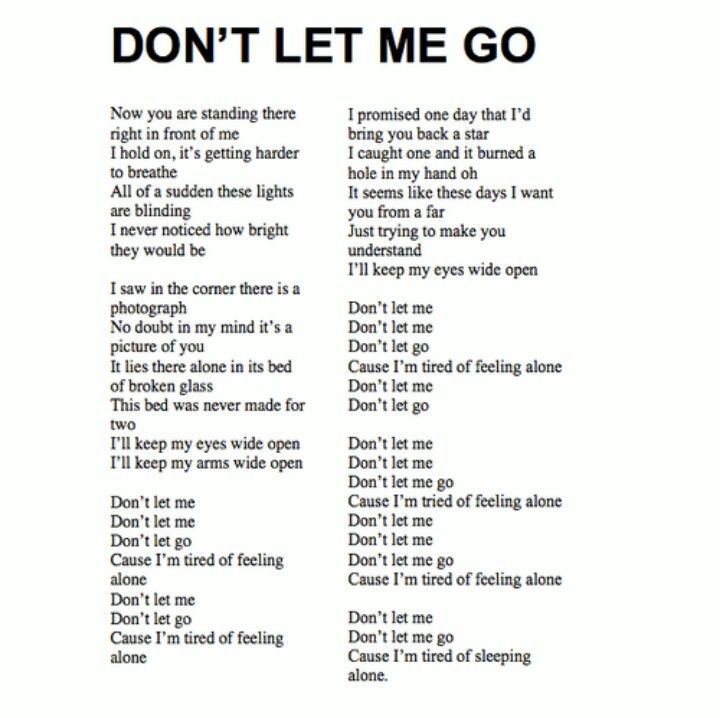
The mimicry of a shark turns on and the person begins to manipulate others, pushing people's foreheads together and not trying to help. Why help? After all, I am strong, everything is OK with me, and you, let's try to cope on your own. Very often people do not perceive such behavior as stress, involuntarily becoming puppets in its drama. And such a person, feeding his stress, sneers contemptuously and tells you: “Well, every fool can handle money .... What's weak?!" nine0003
Stress play occurs when a person does not satisfy his need for play contact (point 8).
The person is ostentatiously dumb: “trying to figure out” what is written here or what you are saying to him now, but… “Pfft! It's sooo difficult! How do you do it! Ufff! No, well, if everything were clearly written here, I would have understood everything a long time ago !!! Oh, how tired I am!!! He begins to joke, tell stories, change the subject, offer to relax, enjoying the attention to himself. He wants to relax already and live playfully! “Why are you all so serious?!” nine0003
He wants to relax already and live playfully! “Why are you all so serious?!” nine0003
Manifestations of stress are richer than what I list. Tybee Keiller proved a mini-script: these are the primary second-by-second signs of the onset of stress. In our Communication Process Model (PCM) trainings, we analyze these signs in detail and teach how to work with them in order to stop the development of stress and return communication to a constructive one. And within the framework of the article, I will further give the basic principles of communication with a person at the peak of stress.
3. WATER WILL NOT HELP A COFFEE DRINKER
The general principle is as follows: in order to reduce or remove the intensity of stress, you need to “feed” the need. Here are the short principles:
1. Organization and planning of time and Recognition of one's work
Stress Peak: Over control and an attack on your thinking in the form of frustrated anger
What to do:
- Give thanks for doing something well and/or planning something.
 Just describe it in detail. “Thanks to your qualitative risk assessment in the Delta project, the efficiency of the just in time delivery process increased by 7%. What plan do you propose for the Gamma project?” nine0112
Just describe it in detail. “Thanks to your qualitative risk assessment in the Delta project, the efficiency of the just in time delivery process increased by 7%. What plan do you propose for the Gamma project?” nine0112 - Ask for advice and listen carefully to expert opinion. Ask questions on the study of the topic, dive into the details. Give thanks in the style of: "I finally figured out the topic, because you structured everything."
2. Sensory Needs and Needs for Unconditional Personal Recognition
Peak stress: stupid mistakes, self-deprecation and whining
What to do:
- Turn on all your empathy and caring, show understanding and compassion. Offer support, your time to listen to the emotions of such an interlocutor. Say how much you appreciate him/her and that you see his/her experiences and empathize, how you want to help and support. "It's good to have you on my team! You warm everyone with your warmth and attention.
 Thank you!" nine0112
Thank you!" nine0112 - Offer something warm, tasty, tactilely soft. “Let me offer you some water. I have time - I will gladly drink tea with you, and you will tell me everything.
3. Recognition of an opinion and/or contribution
Peak stress: Notations and an arrogant attack on you as a person
What to do:
- You need to hear the grain of the statement and take it, suggesting a discussion, asking a question at the end. For example, “You are talking about a very important topic. If I heard/understood you correctly, you want to say that…?” “Thank you so much for bringing this topic up. I find this important and very ambiguous. And what do you think, if you look at it from the other side, then ... What do you think? nine0112
- It is helpful to acknowledge the effect that his/her opinion has had on you: “Now you just talked about the consequences for the next generation, and I saw the interconnections in a new way.
 This provides significant food for thought from a different angle, don’t you agree?”
This provides significant food for thought from a different angle, don’t you agree?”
4. Need for privacy
The peak of stress: withdraws into its own world and passively waits
What to do:
- Give a pause and follow the steps. "I'll give you as much time as you need." “Think calmly. Do not rush." “Take an hour to think about the possible trajectories of events. I'll be back in an hour and we'll discuss possible plans of action." Return to the person to discuss plans after the promised time. nine0112
5. Need for excitement
Peak stress: manipulation; blaming others for being weak.
What to do:
- We need a straightforward reaction - openly stop the manipulation. Your task is to show that you see what the person is doing. Give a positive challenge, turn it into action, especially one that promises big turns and big wins. “This client is the toughest nut to crack.
 He is tough only for Bisons like you! I bet you a bottle of 20 year old whiskey that you will tear it! Get us an exclusive contract!" nine0112
He is tough only for Bisons like you! I bet you a bottle of 20 year old whiskey that you will tear it! Get us an exclusive contract!" nine0112
6. Need for play contact
Peak stress: ostentatious zeal and blaming others for one's difficulties; shifting responsibility to others
What to do:
- He is bored. Your task is to distract \ entertain, make the task easier, fun, playful in form. "Want a joke! Briefly speaking….". They told and returned to the question in the style: “That's it! The game is called - the faster we overcome this report, the faster we pull the coffee "
- Pay attention to this unique creativity and immediacy! "Cool joke! What a cool thing you have on your desk! Class! You are unique! Shoes - finally fire! WOW is GENIUS!!!"
Stress can be stopped before its peak. To do this, you need to train your ability to see the mini-script of the development of stressful behavior and develop the skill to switch to the language of the interlocutor.












